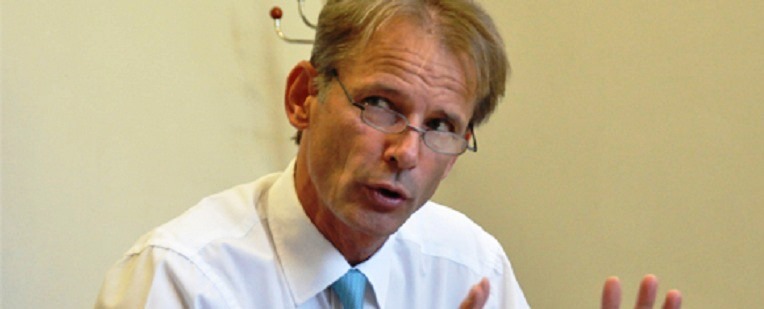South Sudan is in a deep economic crisis and policy adjustments are urgently needed to reestablish economic stability and credibility, the International Monetary Fund (IMF) said.
An IMF team, led by Jan Mikkelsen, visited South Sudan from March 5-15 to conduct discussions of the 2019 Article IV Consultation.
“The mission stressed that restoring macroeconomic stability would require collaborative efforts by South Sudan and its development partners. While development partners continue to support South Sudan through humanitarian assistance amounting to about US$1.5 billion annually, external support is needed to be directed towards implementation of the peace agreement,” said Mikkelsen.
In September last year, South Sudan’s warring parties signed a revitalized peace accord to end a civil war that killed tens of thousands and displaced millions.
While in South Sudan, the IMF team met First Vice President, Taban Deng Gai, Finance minister, Salvatore Garang Mabiordit, Central Bank Governor, Dier Tong Ngor, government officials, representatives of the diplomatic community, private sector and civil society.
The team from the financial institution said South Sudan government must also do its part by restoring budgetary discipline, strengthening oil management and transparency, and applying rigorous priorities on spending with due consideration to peace-related spending.
South Sudanese authorities, it stressed, should immediately stop contracting oil advances that are expensive and nontransparent.
“This measure will also help to ensure that oil revenues will be fully available for financing budgetary spending,” the mission said.
Meanwhile, IMF said the central bank must continue with its tight monetary policies and refrain from lending to government to keep inflation is kept on decelerating path and gradually replenish foreign exchange reserves.
“The current dual foreign exchange rate system with a large spread between the official rate and the parallel market rate is unwarranted, as it gives rise to rent seeking and reduces inflows of foreign exchange into the country,” partly reads IMF’s statement.
“There is an urgent need to normalize the foreign exchange market by discontinuing the so-called special accounts and letting banks freely determine their buying and selling rates,” it further added.
According to the IMF mission, demonstrating dedication to peace, economic stabilization, and robust management of the country’s oil revenue and public finances will be key in rebuilding policy credibility and regaining access to external financial support.
About 90% of South Sudan government’s revenue comes from oil resources.




